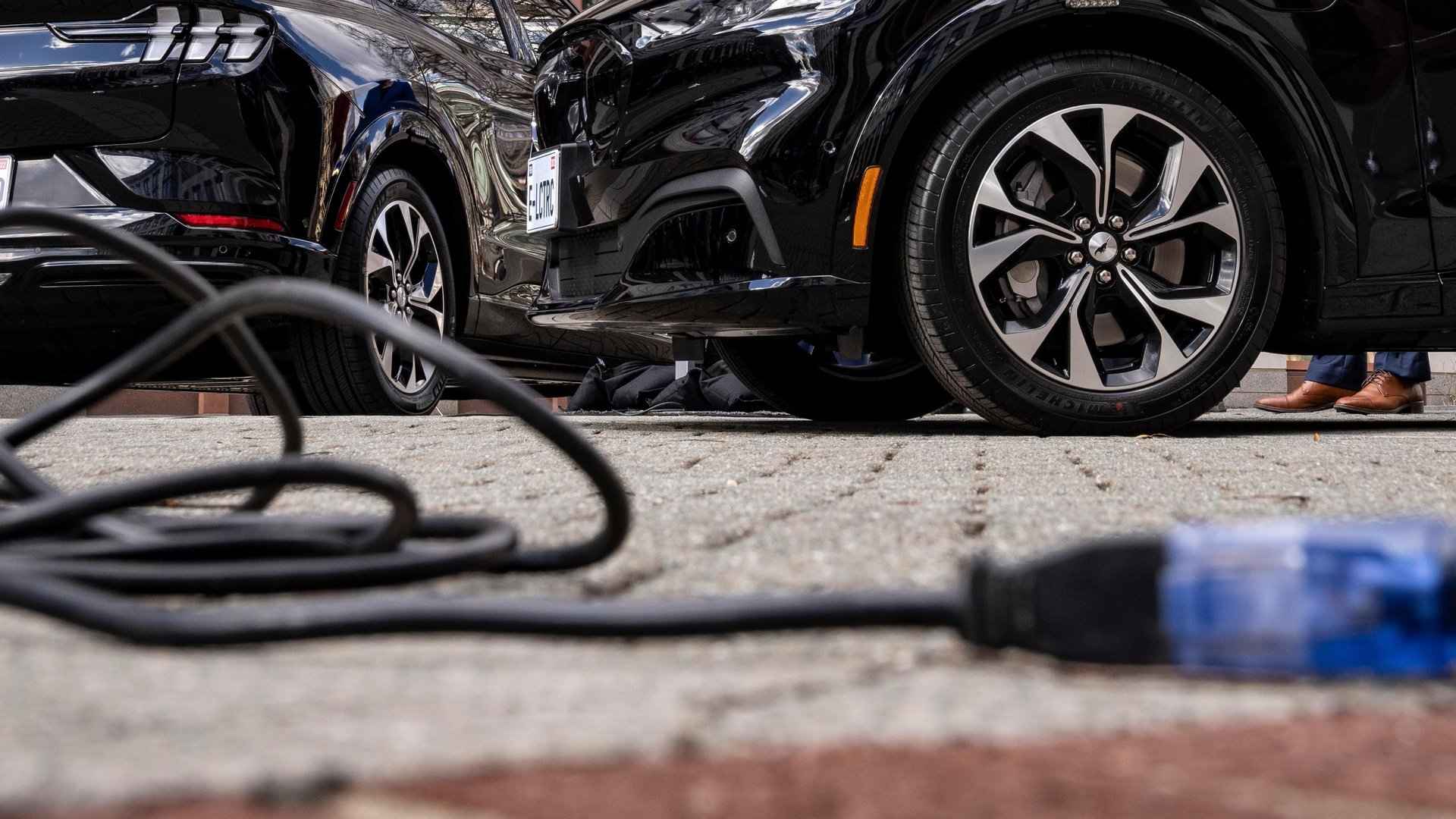People aren't buying EVs because they have trouble charging them, report says
A researcher at the University of California, Berkeley suggests that tweaking EV charger subsidies could be a fix

Maybe part of the reason that the formerly hot market for electric vehicles has suddenly cooled off, besides high prices, is that it can be difficult to find a charger that actually works.
Suggested Reading
That’s according to Andrew Campbell, executive director of the Energy Institute at Haas at the University of California, Berkeley. “Poor charger reliability is hurting consumer confidence in electric vehicles, and the upcoming investment in new charging stations will do little to spur electric vehicle adoption if consumers remain concerned about charging,” he writes in a blog post at the institute.
Related Content
Currently, Tesla is preparing to lay off 10% of its global workforce, Ford is slashing prices for its F-150 Lightning and Mustang Mach-E models, and popular EV manufacturer Rivian is seeing its stock hit an all-time low.
Campbell points to a JD Power survey from last year that suggests 1 in 5 attempts to use a public EV charger fail. One way to increase reliability, he suggests, is to tweak the program of federal charging station subsidies to incentivize successful usage and/or penalize outages.
Oil companies, eyeing the eventuality of so-called “Peak Oil” when ever-increasing demand for crude oil runs into the wall of the planet’s finite supply, have been dipping their toes into EV charging stations as an addition to their business. Though BP is reportedly cutting jobs in its EV charging division, it does still hope to increase the number of charging points to more than 40,000 by 2025. Shell is hoping to quadruple the size of its global EV charging network to more than 200,000 points by 2030.
“Many consumers want widespread and reliable public charging before they make the move to an electric vehicle,” Campbell writes. “The federal government has made a big commitment to making charging more widespread. The Federal Highway Administration and state agencies need to make sure those chargers work.”